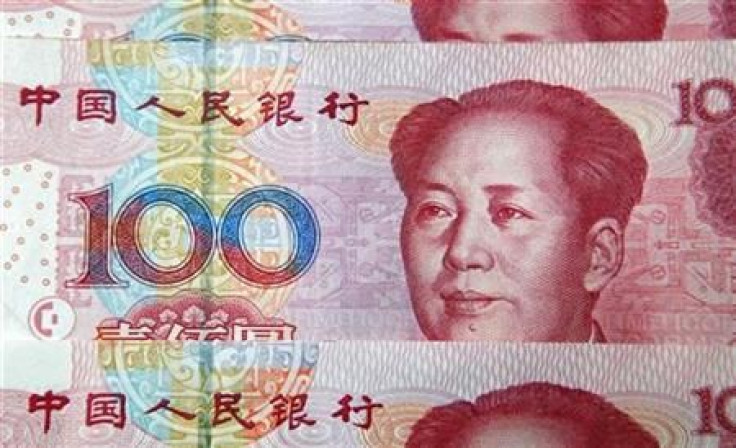China's Manufacturing Activity Expanded To 19-Month High In December: HSBC PMI

China's manufacturing activity expanded to a nineteen-month high in December, according to the HSBC Purchasing Managers’ Index (PMI) released Monday, indicating a moderate improvement in the economic condition of the country.
The final reading of the PMI, a measure of the nationwide manufacturing activity, rose to 51.5 in December compared to 50.5 in November. “Output at manufacturing plants in China expanded in December, and for the second month in a row. Although the rate of expansion was modest, it was the fastest in 21 months. Total new orders also increased but at a faster pace than in November, the quickest since January 2011,” Markit said in a note.
Significantly, the index continued into the expansion zone, a reading above 50. The expansion of the manufacturing activity should allay the fears about a sharp retardation of the Chinese economy.
“Such a momentum is likely to be sustained in the coming months when infrastructure construction runs into full speed and property market conditions stabilize. This, plus Beijing’s reiteration of keeping pro-growth policy in place into the coming year, should support a modest growth recovery of around 8.6 percent y-o-y in 2013, despite the ongoing external headwinds,” Hongbin Qu, chief China economist and co-head of Asian economic research at HSBC, said in a note.
This report comes after it was revealed earlier this month that China’s industrial production rose in November in comparison with that in the previous month, indicating an upswing in the manufacturing output. The data released by the National Bureau of Statistics of China showed that the country’s industrial production, which measures the change in the total inflation-adjusted value of output produced by manufacturers, mines and utilities, rose 10.1 percent in November from 9.6 percent in October and more than the analysts’ expectation of 9.8 percent.
There have been fears of a hard landing after the data by the National Bureau of Statistics of China showed that the country’s gross domestic product growth slowed to 7.4 percent in the third quarter, from 7.6 percent in the second quarter, due to the soft global demand and reduced real estate investment in the world's second-largest economy.
The government has lowered its economic growth target in 2012 to 7.5 percent. In 2011 and 2010, the economy grew at the rate of 9.2 percent and 10.4 percent respectively. Market participants hope that the policymakers will soon announce monetary easing measures so that the economy will continue to see that industrial activities are picking up.
© Copyright IBTimes 2024. All rights reserved.











